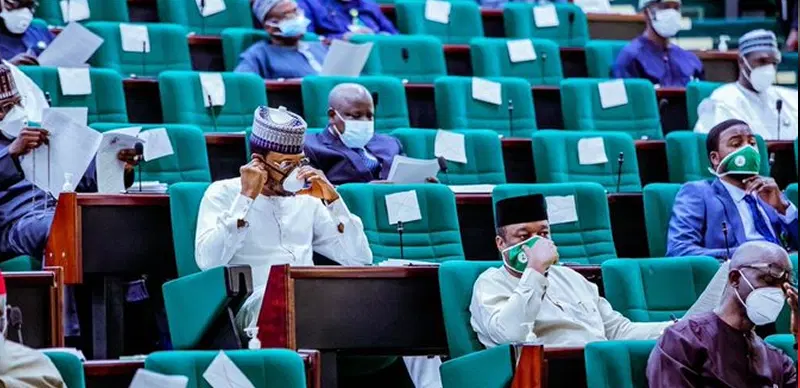The Federal Government has said Nigerians spent N16.5 trillion in 2023 on fuel, petrol, and generators for self-generation of power. This dwarfs the N1 trillion in income generated by the formal electricity sector in the same year.
This was disclosed by the minister of Power, Adebayo Adelabu at the ongoing 2024 Nigeria Oil and Gas conference on Tuesday, according to Businessday.
He underlined the significant disparity between spending on inefficient personal power generation and national grid earnings.
He said, “If you know how much our people spend buying diesel, petrol, generators, and servicing them in a year; the last study we had in 2023, a total of N16.5tn was spent on this in self (power) generation. Even a number of the industries are off the grid. They now have their captive power between their environments with gas-powered generators.
“So spendings in this sector out of the grid is close to N20tn. And let me blow your mind, the revenue for the entire industry, the grid, I mean the formal power sector was just N1tn for 2023 that goes to the generation companies, transmission company and the distribution companies. Just N1tn formal revenue. But the informal spendings on generators, diesel, petrol, was close to N20tn.”
Adelabu highlighted the economic advantages of connecting to the grid, claiming that electricity from the grid is substantially cheaper than generator-powered options.
For example, residences on Band A of the national grid with near-constant power supply pay N206 per kilowatt-hour (kWh), whereas those using petrol generators pay N450/kWh, and even more for diesel generators.
“As at the last study, Band A customers are enjoying uninterrupted supply and pay N206. For the companies that have their captive power using gas, they pay about N290/kwh.
“For those that are using petrol generators, it is about N450 per kilowatt-hour. And for those using diesel to power their generators, it is upward of N900. So it is still the cheapest, most efficient and the least cost for our productive activities,” the minister stated.
He also emphasized the importance of natural gas in Nigeria’s electricity sector. Gas now provides over 60% of the nation’s domestic gas and is critical to realizing the country’s ambitious energy goal. The minister stated that the strategy targets for 30 gigawatts (GW) of power output by 2030, with 70% coming from gas and 30% from renewables.
Adelabu urged investors at the conference to consider investing in Nigeria’s gas sector, particularly its large untapped non-associated gas reserves.
He underlined recent government initiatives to make the power sector more appealing to investors, such as cost-reflective rates and legacy debt resolution.










